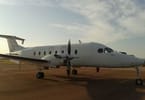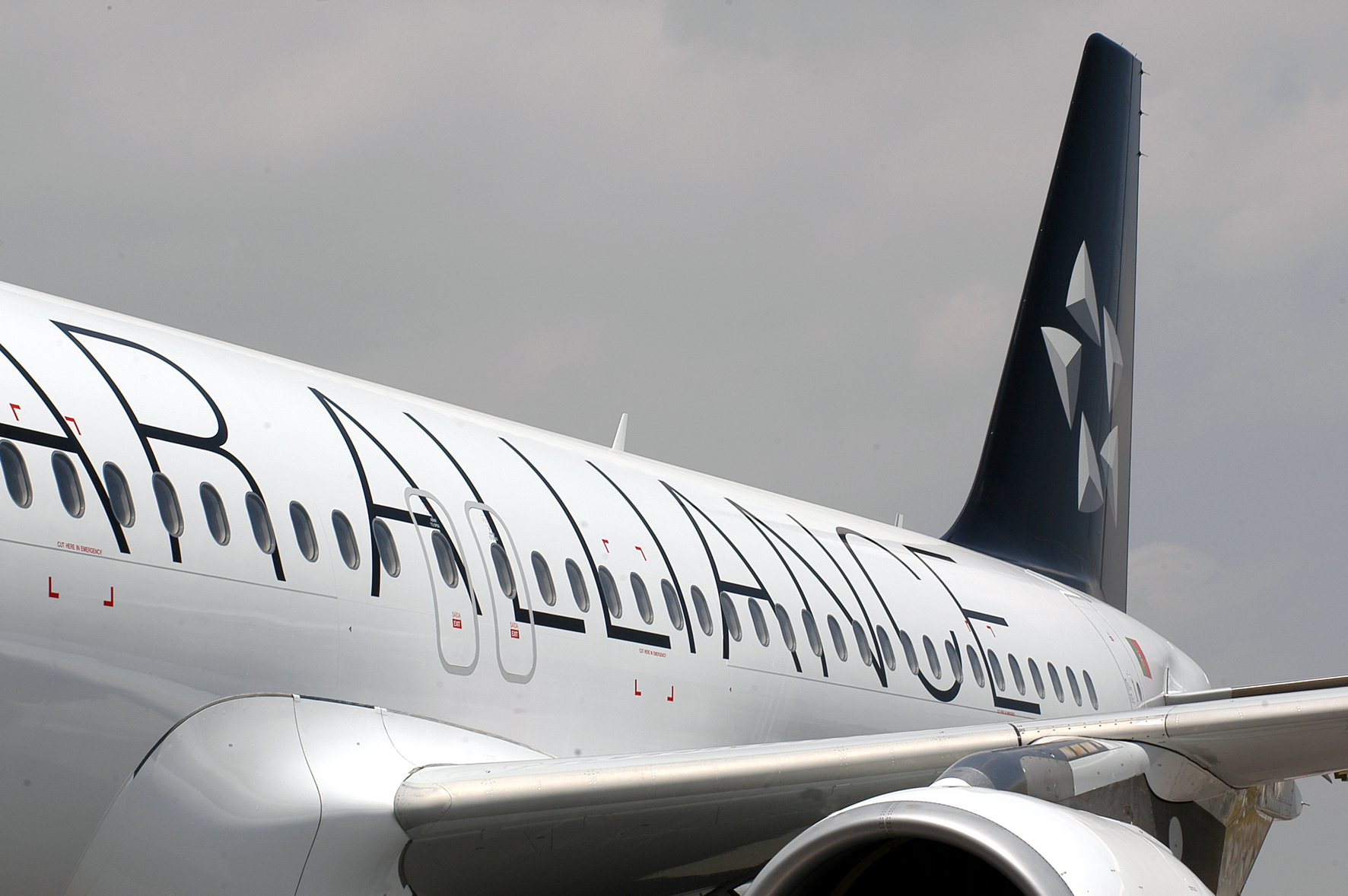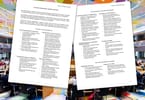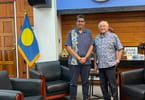WASHINGTON, DC – A new Hudson Institute study finds that America’s air traffic control system has fallen seriously behind modern information technology. Case studies illustrate the organizational roadblocks preventing the FAA from modernizing its flight procedures, communications and navigation technology, and governing structure. The report outlines the steps necessary to bring the US system back to the forefront of global air transportation.
“Organization and Innovation in Air Traffic Control” was prepared by Robert W. Poole, Jr., director of transportation policy at Reason Foundation and a leading authority on aviation issues.
Yakakosha mhinduro kubva kumushumo inosanganisira:
US air traffic control has yet to enter the Digital Age and still relies on technology developed in the 1960s.
An upgraded system would bring tremendous savings in time, fuel, and expense to travelers and carriers; enhanced safety; and improved environmental quality.
The FAA is hobbled by government budget constraints, procurement rules, and multiple layers of political oversight. It lacks the incentives and resources to keep pace with the needs of the aviation community and growth in air traffic.
The most advanced and innovative systems are in nations—such as Australia, Canada, Germany, the UK, and New Zealand—that have moved air traffic control into single-mission organizations that charge directly for their services, issue revenue bonds for capital improvements, and are governed by aviation stakeholders.
A similar approach would be highly feasible for the US—and is attracting increasing support because of the federal government’s budget problems and the growing gap between our air traffic system and state-of-the-art technology.
“Organization and Innovation in Air Traffic Control” will be the subject of a panel discussion on Thursday, January 16, 2014, from 10am to 12pm, at Hudson Institute in Washington, D.C. Participants will include report author Robert W. Poole; Craig L. Fuller, chairman of The Fuller Company and former president and CEO of the Aircraft Owners and Pilots Association; Stephen Van Beek, executive director of policy and strategy for LeighFisher and former member of the FAA’s Management Advisory Council; and Christopher DeMuth, Distinguished Fellow at Hudson Institute.
ZVOKUBVA MUNYAYA INO:
- A similar approach would be highly feasible for the US—and is attracting increasing support because of the federal government’s budget problems and the growing gap between our air traffic system and state-of-the-art technology.
- The most advanced and innovative systems are in nations—such as Australia, Canada, Germany, the UK, and New Zealand—that have moved air traffic control into single-mission organizations that charge directly for their services, issue revenue bonds for capital improvements, and are governed by aviation stakeholders.
- It lacks the incentives and resources to keep pace with the needs of the aviation community and growth in air traffic.






















